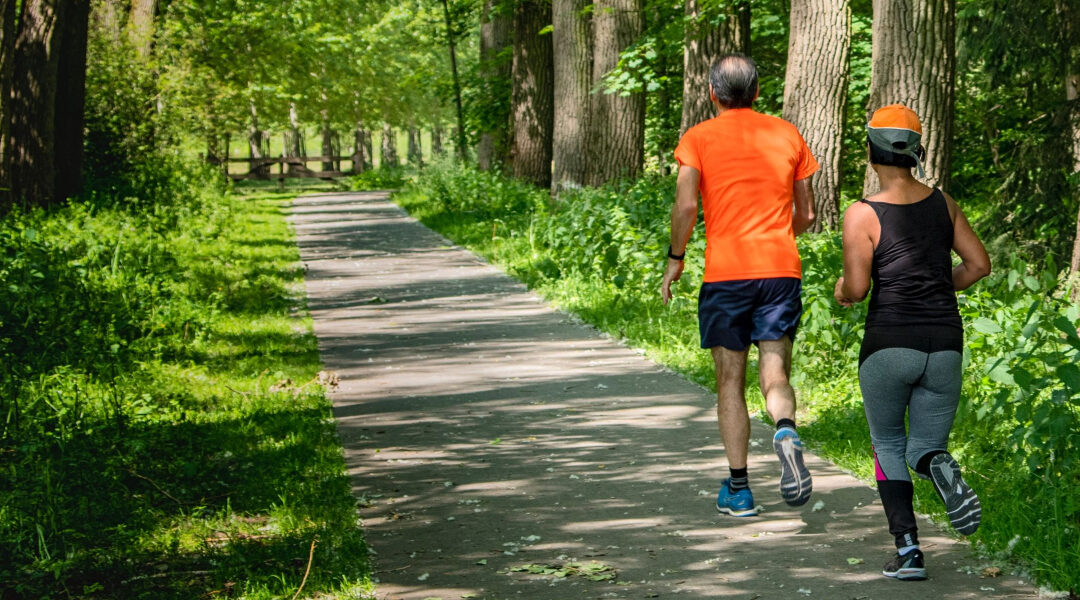As we journey through life, the aging process is an inevitable part of our existence. While we cannot stop time, we can certainly make choices that influence how we age. One of the keys to aging your best lies in the power of regular exercise and meaningful social interactions. In this article, we will explore how these two factors can help you maintain a healthy and vibrant brain as you age.
Our brains are remarkable organs, capable of adapting and evolving throughout our lives. However, as we get older, certain changes can occur that may affect cognitive function and overall brain health. These changes can include a decrease in brain volume, a decline in neurotransmitter production, and alterations in the brain’s structure and connectivity.
Fortunately, there are proactive steps we can take to mitigate these age-related changes and promote optimal brain function. Two of the most effective strategies are incorporating regular exercise into your routine and engaging in meaningful social interactions.
Exercise: A Fountain of Youth for the Brain
Exercise is often touted as a means to maintain physical health, but its benefits extend far beyond just the body. Regular physical activity has been shown to have a profound impact on brain health and cognitive function. When you engage in exercise, you increase blood flow to the brain, which delivers essential nutrients and oxygen to brain cells, promoting their growth and connectivity.
Additionally, exercise triggers the release of chemicals known as endorphins, which reduce stress and elevate mood. This can help combat the feelings of anxiety and depression that can sometimes accompany the aging process. Furthermore, exercise has been linked to increased production of brain-derived neurotrophic factor (BDNF), a protein that supports the growth, maintenance, and survival of neurons.
A study conducted by the University of Illinois found that older adults who engaged in regular aerobic exercise experienced significant improvements in their cognitive function, particularly in tasks related to memory, attention, and problem-solving. Whether it’s brisk walking, swimming, dancing, or yoga, finding a physical activity you enjoy can have a profound impact on your brain’s health and vitality.
Social Interaction: Nourishment for the Mind
Human beings are inherently social creatures, and our brains thrive when we engage with others. Maintaining a strong social network and participating in meaningful social interactions can be just as important for brain health as physical exercise. When you engage in conversations, share experiences, and connect with others, you stimulate various regions of your brain responsible for language, memory, and emotional regulation.
Loneliness and social isolation, on the other hand, can have detrimental effects on both mental and physical health. Research has shown that chronic loneliness can lead to increased stress levels, inflammation, and cognitive decline. This highlights the importance of nurturing your social connections as you age.
One way to stay socially engaged is by participating in group activities or volunteering. Joining clubs, taking classes, or even just regularly meeting friends for coffee can provide the social interaction your brain craves. These activities not only stimulate your mind but also offer emotional support and a sense of belonging, which are essential for overall well-being.
Combining Exercise and Social Interaction
The synergy between exercise and social interaction can have a powerful impact on your brain’s health. When you combine physical activity with social engagement, you create an ideal environment for cognitive stimulation and overall well-being.
Group exercise classes, team sports, or walking clubs are excellent examples of activities that offer both physical and social benefits. These settings provide opportunities to connect with others who share your interests while getting your heart rate up.
Furthermore, the motivation and accountability that come with exercising in a group setting can help you stay committed to your fitness routine. Building relationships with fellow participants can add an extra layer of enjoyment and motivation, making it more likely that you’ll continue exercising regularly.
In conclusion, aging gracefully is a goal we all aspire to achieve. While we cannot halt the aging process, we can make choices that enhance our quality of life as we grow older. Regular exercise and meaningful social interactions are two potent tools at our disposal to age our best. By incorporating these practices into our daily lives, we can maintain a healthy and vibrant brain, ensuring that our golden years are filled with vitality, happiness, and fulfillment.

